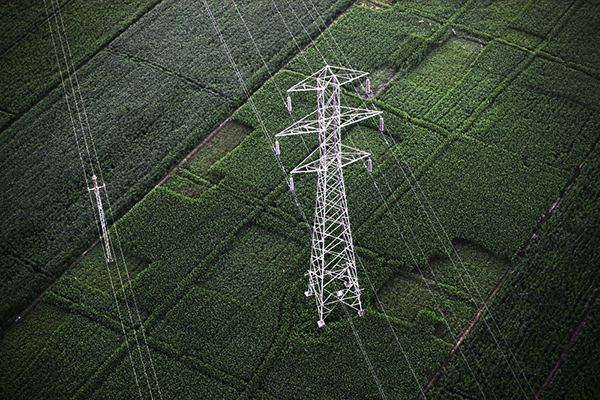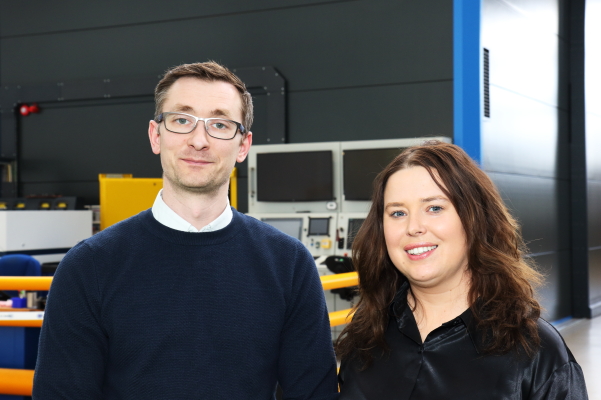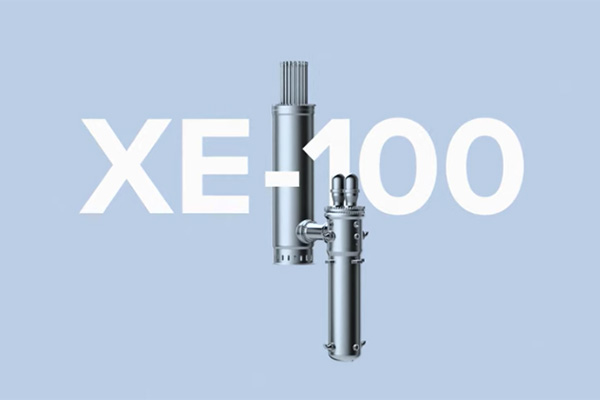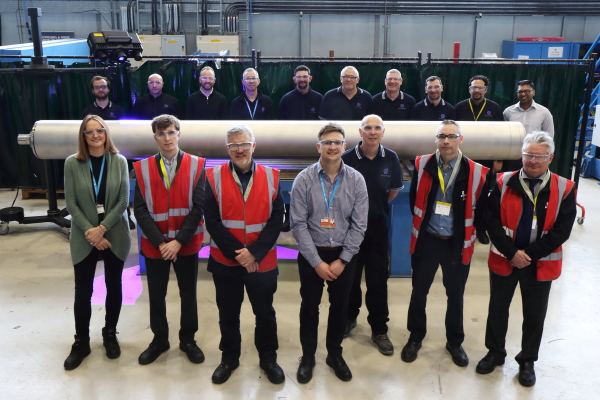The Nuclear AMRC is leading a new international project to protect critical infrastructure such as power stations and water systems from cyber attack.
Troci (Towards Resilient Operation of Critical Infrastructure) is supported by EPSRC, with funding from the international Chist-Era programme of IT-related research.
The three-year project focuses on protecting the monitoring and control systems which make or inform operational decisions about infrastructure based on data from a large number of sensors.
With increasingly complex and autonomous control systems, cyber attacks on the sensors can have serious consequences. At the least, operators can lose reliable data on the state of the system – at worst, decisions are made on false data, with potentially disastrous consequences.
Infrastructure systems can be attacked deliberately, or by autonomous software which seeks out vulnerabilities. One of the first major cyberweapons, Stuxnet, was designed to attack control systems in Iranian nuclear enrichment facilities but went on to infect other industrial and energy systems.

Dr Hafiz Ahmed, head of controls & instrumentation at the Nuclear AMRC, says: “Cybersecurity infringements which target instrumentation and control systems of critical infrastructure can severely disrupt our modern way of life, which relies on direct and continuous access to water and energy systems around the clock. The nuclear sector is undergoing a digital transformation, introducing additional cybersecurity challenges alongside existing physical security concerns.”
The Troci researchers will take a multi-disciplinary approach to combining software and hardware solutions to enhance the resilience of these critical systems.
A hybrid solution can minimise the number of sensors and amount of information while maintaining sufficient coverage, protecting data from interference, and reducing the risk of hardware failure. A combination of innovative sensor technologies with machine-learning and AI systems will help increase software resilience, and rapidly identify anomalies which could signal an attack.
The researchers will work closely with industry users in the water and power sectors to understand their specific requirements and challenges, and ensure the proposed solutions provide genuine value.
“There is a pressing need for a comprehensive hybrid hardware-software solution to enhance the security and privacy of cyberphysical systems in critical infrastructure,” Hafiz says. “This solution should address real-time mitigation, by developing new sensing systems to detect anomalies, employing machine learning and AI for software resilience, and optimising overall system performance without compromising security and privacy. We will bring our nuclear control and instrumentation system cybersecurity expertise to tackle these challenges together with our esteemed European partners.”
The project consortium includes experts from across Europe who will bring their unique capabilities to different areas of the challenge. The University of Vienna brings its expertise in sensor networks and distributed computing to lead the development of the C&I infrastructure. University College Dublin brings interdisciplinary expertise in civil engineering and computer science, and will focus on applications in the water sector. And Holisun, a Romanian software company specialising in machine learning and cybersecurity, will lead software platform development.
Dr Atakan Aral, research fellow at the University of Vienna, says: “The Troci project represents a pivotal step in securing our critical infrastructures against the increasingly sophisticated realm of cyber threats. By integrating advanced sensor technologies with cutting-edge AI, we aim not only to fortify these systems but also to set a new standard in operational resilience. Our collaboration with the Nuclear AMRC and other European experts underscores our commitment to developing comprehensive, industry-aligned solutions that address the unique challenges faced in the power and water sectors.”
Dr Md Salauddin, principal investigator at University College Dublin, says: “This transnational project is a great opportunity that will allow a multidisciplinary team to develop innovative hybrid hardware-software solutions using advanced use cases to enhance the resilience of critical water and energy infrastructures in response to cyber threats. Troci will develop a disruptive I&C platform for critical infrastructures that will combine advanced machine learning and AI methods, novel sensing solutions, IoT and stakeholders to make critical water and energy infrastructures secure, private and resilient.”
Professor Oliviu Matei, owner of Holisun, says: “The cybersecurity of energy and water systems are crucial, especially in this complex and interdependent world, which confronts with so many and diversified threats. That is why Troci project aims to develop a comprehensive hybrid hardware-software security and privacy solutions for the critical infrastructure resilience enhancement. We are confident that at the end of the project, an important step towards more secure and resilient infrastructure will be made.”






